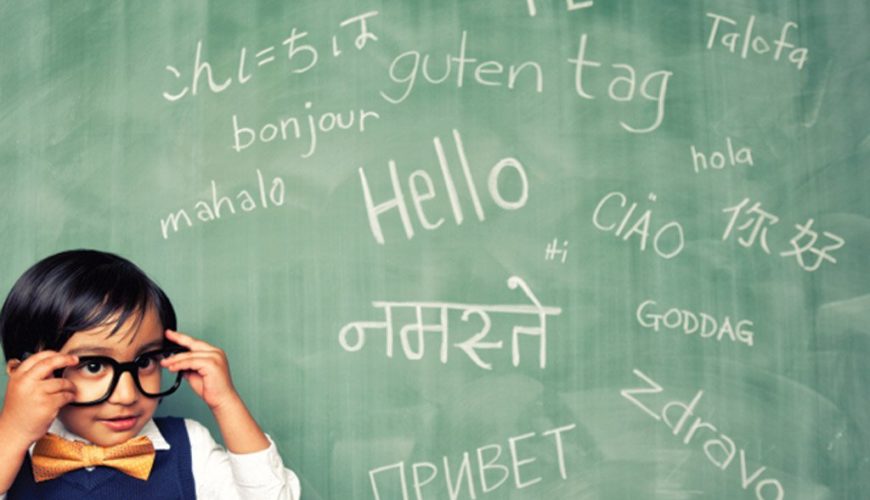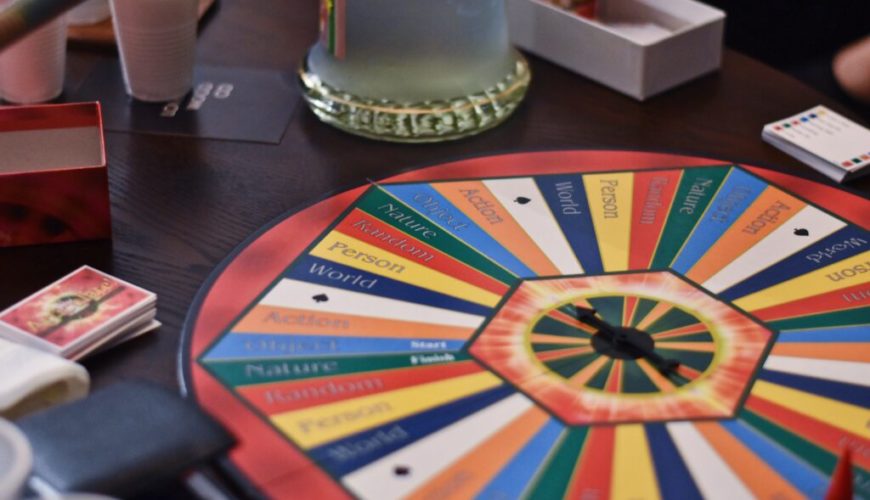There are many benefits to learning a new language including better memory and a longer attention span. But for some people, getting their head around the rules of a new language can take time and a lot of effort. Is there an easy way to make learning a new language easier?
Is learning another language important?
There are thousands of languages used across the globe with some of those that feature in the top 100 most-spoken languages in the world probably coming as a surprise. Who would have thought that Marathi would come higher up the list than Korean?
But language is an important part of a country’s rich history and culture. Learning to speak another language gives you a new perspective on the world.

But it can be tough, putting aside the grammatical rules and vocabulary of your native tongue to learn a whole new set of language rules. But it can be done. Here’s how.
#1 Make it part of your daily routine
It takes less than 21 days to form a new habit but only if you practice this new habit daily. And that means using your newfound language skills on a daily basis. Practising for 10 to 15 minutes a day can make all the difference to how quickly you pick up a new language.
#2 Look beyond the textbook
A textbook is there to give you the basics of language. Immersing yourself in the culture of a language is essential too.
In the digital age, we can access TV programmes, newspapers and other material from virtually any other material on earth. So whether you are learning Japanese, the 13th most-common language in the world or any other language in fact, access different materials to reach and listen to.
#3 Use it for everyday tasks
The next time you cook a recipe, why not learn all the ingredient names in a new language and continue to use these when writing your shopping lists. This called contextualising language – that is, giving your language skills value and credence in your everyday life.

#4 Make it about you
Learning something new often means that we are doing so for our own personal reasons. Remembering what these are on our linguistic journey can help reach these goals.
Learning a new language for fun, for example, should be that: fun. That could mean watching popular TV programmes in another language or using your skills when travelling through another country.
#5 Do it and use it
We know from history that when a language is not used, it dies out. The same is true when it comes to skills such as speaking a different language.
An accomplished bilingual speaker will use their language skills frequently, including conversation, writing and reading. You need to do the same because no matter how accomplished you are at speaking a language other than your native tongue unless you use it, you’ll forget it.
Speaking more than one language can make you a happier, more successful person with a broad outlook and career opportunities at your fingertips. Why not learn a new language?




